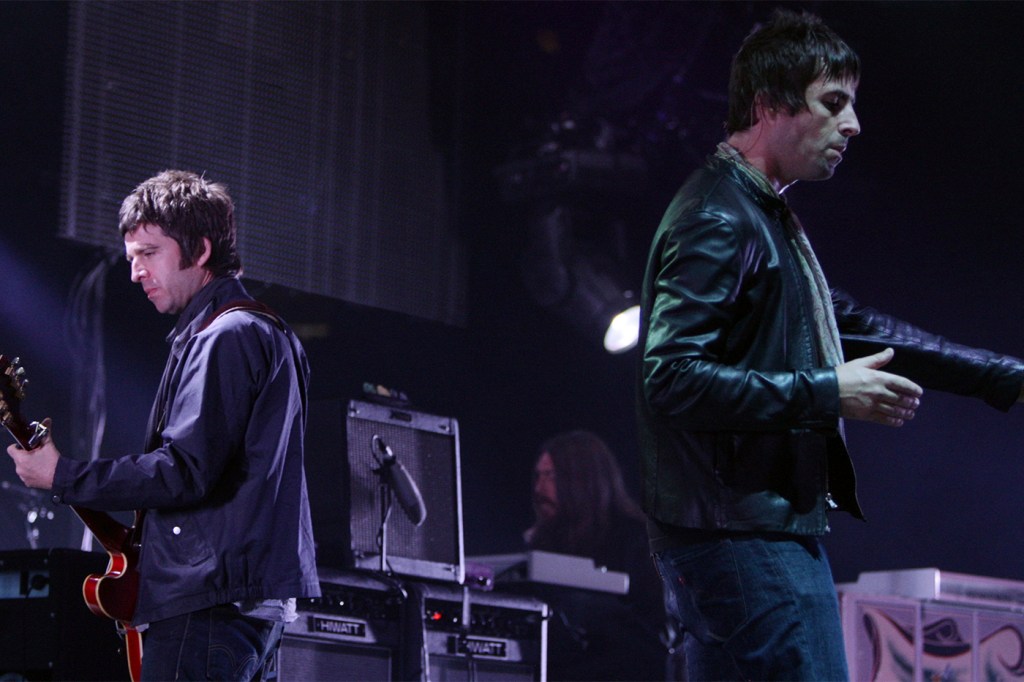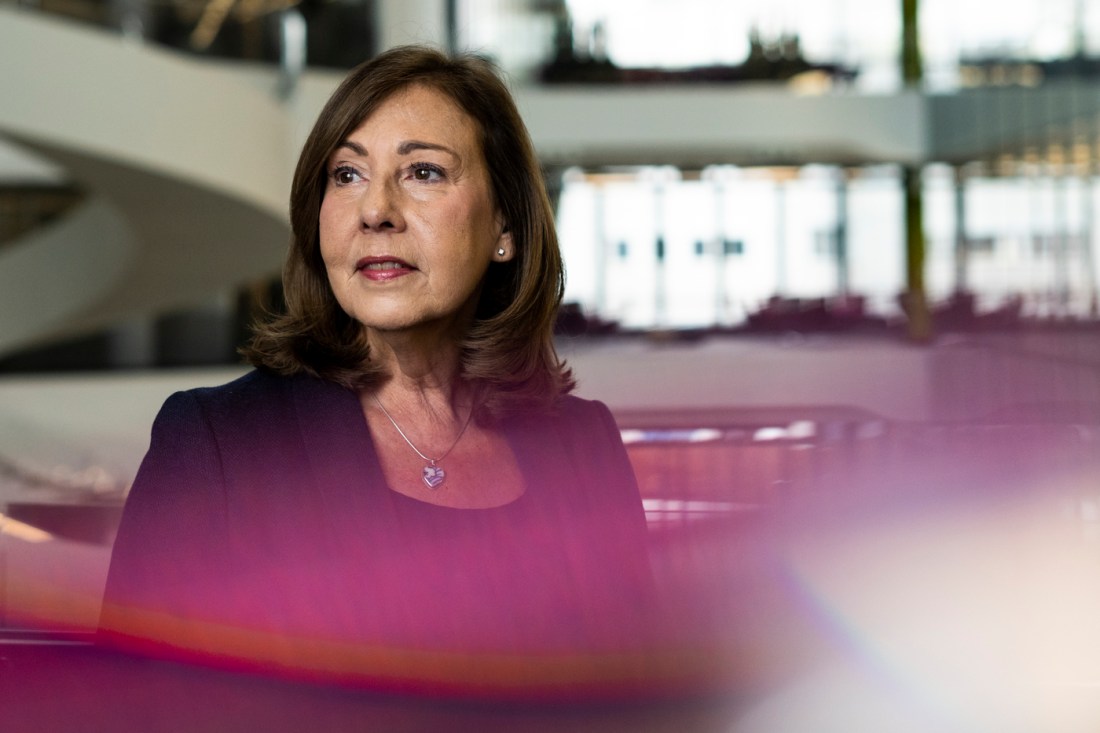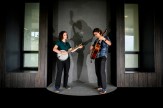Oasis is reuniting for a tour in 2025, but can the Gallagher brothers get along — for once?
Fans have been clamoring for the legendary Britpop band’s return. Against all odds, it’s happening. But are the pressures of a high profile tour healthy for an already complicated family relationship?

For more than decade, an Oasis reunion was just not in the cards. Fans didn’t dare dream.
The legendary Britpop band from the 1990s was known as much for hit songs like “Wonderwall,” “Don’t Look Back in Anger” and “Champagne Supernova” as it was the tempestuous relationship between brothers and bandmates Noel and Liam Gallagher that ended the band.
So, it is against all odds that this week, almost exactly 15 years since Oasis broke up, the Gallaghers both confirmed Oasis will reunite in 2025 for a set of concerts in the U.K. and Ireland.
The reunion is great news for fans who have been hoping for Oasis to return to the stage for more than decade. But is it good for Noel and Liam Gallagher? Is another tour helpful or harmful for their relationship?
Laurie Kramer, a professor of applied psychology at Northeastern University who specializes in sibling relationships, says it might make things worse. The stress that comes with a massive tour, especially one that comes with as much anticipation as this, certainly won’t help.
“When people are stressed, when people are feeling like the stakes are really high that they have to succeed and they have to do it together, it increases the amount of pressure that they perceive,” Kramer says. “That may mean that they might not approach their relationship using their strongest social and emotional competencies.”

To say that Noel and Liam Gallagher have a complicated relationship would be an understatement. When Oasis released its acclaimed debut “Definitely Maybe” in 1994, the group ushered in a new era of English rock, but the band was always on the verge of calamity due to the Gallaghers’ constant infighting.
The list of incidents that ultimately led Oasis to break up five minutes before taking the stage at the Rock en Seine festival in Paris in 2009 is extensive.
It includes:
- An interview with NME that degenerated into 14 minutes of arguing (that the band later released as a song called “Wibbling Rivalry”).
- Liam hitting Noel in the head with a tambourine.
- Noel hitting Liam with a cricket bat.
- Both brothers leaving the stage, and band, countless times in the middle of performances or tours.
- Numerous insults lobbed onstage and in the press, including Noel telling Q magazine that Liam is “the angriest man you’ll ever meet” and comparing him to “a man with a fork in a world of soup.”
When the band finally broke up, Noel said, “I simply could not go on working with Liam a day longer.”
Post-Oasis, Noel and Liam continued to make music with their bands High Flying Birds and Beady Eye, respectively. They’ve also continued hurling insults at each other in interviews and on social media.
“Although I have studied siblings for a very long time and I have seen all sorts of behaviors between siblings, the description of the type of conflict, rivalry, the range of behaviors I’ve seen here are really at the extreme part of the continuum,” Kramer says.
Sibling relationships already tend to be “ambivalent,” Kramer adds. They are often both positive and negative and can switch very quickly from one to the other. And since siblings know each other better than anyone, they tend to understand each other’s strengths and how to support them, as well as how to push each other’s buttons.
Even if Noel and Liam have worked on their relationship –– and it’s unclear that they have –– the smallest things can set them off because of how intimate that familial, and in this case professional, relationship is, Kramer says.
“Especially with young kids, you can’t always predict that 15 seconds from now someone will say something, do something, look at someone in a strange, unexpected manner, and that can launch them directly into a conflict,” Kramer says. “Something is going to happen that may stimulate one of them or both of them to get upset at the other and resurrect some of this kneejerk conflict and rivalry.”
Kramer adds that Noel and Liam’s history doesn’t necessarily mean the relationship is beyond saving. Their dynamic isn’t going to change overnight and would require some kind of intervention, family counseling or therapy or, at the very least, a willingness to learn and read about strategies for managing disputes, Kramer says. It’s not impossible to end more than a decade of conflict, but it takes work.
Featured Posts
However, adding money and the pressures of a reunion tour on top of their complicated family dynamics is potentially adding fuel to the fire. There’s a reason some fans have joked that anyone who purchases tickets for a show beyond the tour’s first night is taking a bit of a risk.
“This is stressful –– it’s going to exacerbate some of their less skillful moments in relating to others,” Kramer says. “But there’s part of me that wonders whether that’s part of the plan. Maybe that’s just part of their identity at this point, that they are a band that’s composed of people who fight a lot, who conflict, because they’ve gotten attention for that.”
Kramer fears the drama and media circus that follows Noel and Liam might distract from the real problem that sibling conflict and sibling abuse “happens a lot more frequently than people imagine.”
“When we see kids fighting, being antagonistic, being cruel, mean, abusive, which happens more often than we would expect, that’s a problem we should not be rewarding or reinforcing,” Kramer says. “We want to help children, we want to help adults, develop social and emotional competencies so that they can negotiate disagreements, so that they can express their points of view and advocate for themselves but do it in ways that are not hurtful, emotionally or physically.”










